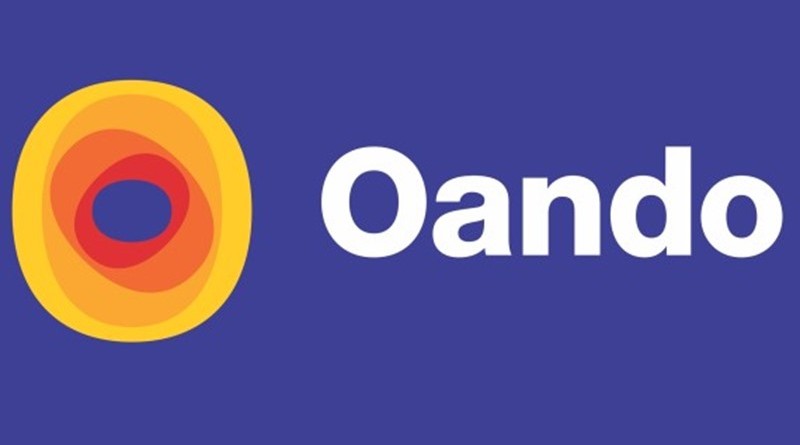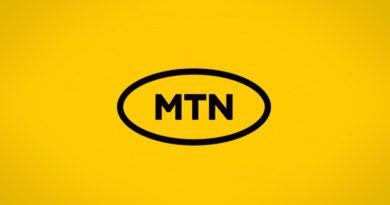Oando posts H1 2019 results, posts N7.2b profit-after-tax
Oando, Nigeria’s indigenous energy group listed on both the Nigerian and Johannesburg Stock Exchange, has announced unaudited results for the six months period ended June 30, 2019.
Commenting on the results Wale Tinubu, Group Chief Executive, Oando PLC said:
“Half year 2019 was a positive period for us as we achieved Strong top and Bottom line earnings despite our overall performance being tempered by a one-off N14 billion charge. Our crude oil and natural gas production grew by 15% and 8% respectively compared to the similar period last year while we also achieved a significant reduction in our Reserve Based Lending facility to approximately $0.4 million from $450 million at inception- a 99% reduction. We also concluded the divestment of our residual interest in Axxela for US$41.5 million, in line with our strategy of divesting from non-strategic assets and remain on track to deliver on all our initiatives for the year. Looking ahead, our focus will be on achieving further growth and profitability by delivering on our production growth initiatives through strategic alliances and partnerships.”
Results highlights
- 8% Production increase, 40,873boe/day compared to 37,814boe/day (H1 2018)
- 6% Turnover increase, N315.4 billion compared to N297.3 billion (H1 2018)
- 16% Profit-After-Tax decrease, N7.2 billion compared to N8.5 billion (H1 2018)
- 5% Total Group Borrowings decrease, N200.7 billion compared to N210.9 billion (FYE 2018)
Operations review
Upstream:
Production for the six months ended 30 June 2019:
| H1 2019 | H1 2018 | % Change | |
| Crude Oil (bbls/day) | 16,876 | 14,675 | 15% |
| NGLs (boe/day | 2,575 | 3,328 | -7% |
| Natural Gas (mcf/day) | 128,533 | 118,866 | 8% |
| Total (boe/day) | 40,873 | 37,814 | 8% |
During the six months ended June 30, 2019, production increased by 8% at 40,873boe/day, compared with 37,814boe/day in the same period of 2018. Oil production in particular increased by 15% from 14,675bbls/day in H1 2018 to 16,876bbls/day in H1 2019, whilst natural gas production increased by 8% from 118,866mcf/day in H1 2018 to 128,533 mcf/day in H1 2019.
Capital expenditure of $62.3 million (N22.5 billion) was incurred in the six months of 2019 compared to $24.7 million (N8.9 billion) in same period in 2018. This consists of $59.7 million (N21.6 billion) at OMLs 60 to 63, $1.9 million (N686.2 million) at OML 56, $0.04 million (N14 4 million) at OML 13, and $0.8 million (N288.9 million) on other assets.
Downstream:
Traded volumes for the six months ended 30 June 2019
| Traded Volumes | H1 2019 | H1 2018 | % Change |
| Crude Oil (bbls) | 7,285,294 | 6,595,444 | 10% |
| Refined Products (MT) | 228,970 | 195,497 | 17% |
In H1 2019, Oando Trading traded approximately 7.3 million barrels of crude oil under various contracts with the Nigerian National Petroleum Corporation (NNPC) and delivered 228,970 MT of refined products.
Finance review
| N Million (unless otherwise stated) | H1 2019 | H1 2018 | % Change |
| Revenue | 315,409 | 297,308 | 6% |
| Operating Profit | 1,168 | 13,843 | -92% |
| Profit-After-Tax | 7,169 | 8,493 | -16% |
| Total Borrowings | 200,698 | 210,901 | -5% |
| Average Realized Oil Price (US$/bbl) | 65.02 | 68.30 | -5% |
| Average Realized Gas Price (US$/mcf) | 1.76 | 1.52 | 16% |
| Average Realized NGL Price (US$/boe) | 6.68 | 10.45 | -36% |
*Borrowings compares H1 2019 against FYE 2018
Borrowings
Total Group Borrowings for the period stood at N200.7 billion, a 5% decrease from FYE 2018 (N210.9 billion) whilst in our upstream specifically, our borrowings reduced by 13% to $221.3 million compared to $255.6 million in FYE 2018. Since FYE 2014, the Group has reduced its debt by 58% from N473.3 billion while our upstream borrowings have reduced by approximately 72% from $801.6 million in 2014.
Look ahead
Oil prices have averaged $65 per barrel for most of 2019 and we shall continue employing price protection strategy by hedging our production.
Our focus will be largely on driving profitability via growth in our upstream business where we will pursue production growth initiatives through strategic alliances, whilst ensuring operational efficiency and fiscal prudence. We will also continue to work with our partners to achieve cost optimization on our Joint Venture operations, ensuring the gains from higher revenues are not lost to increasing operating costs.




